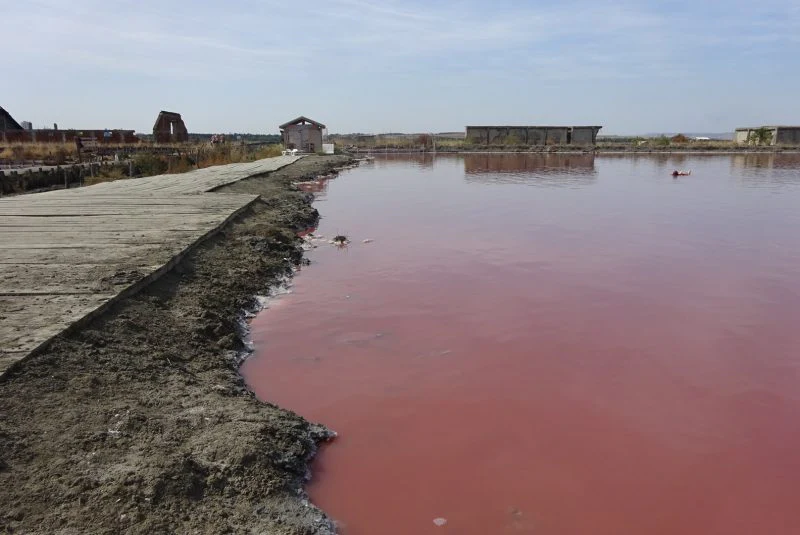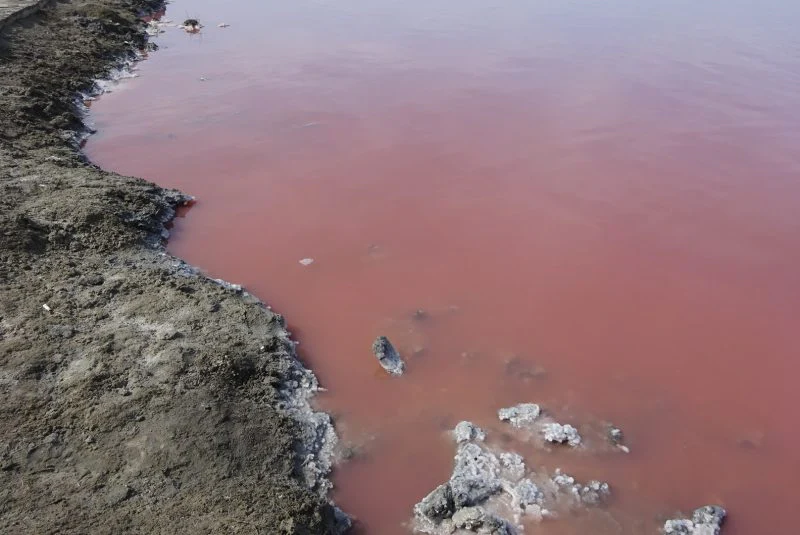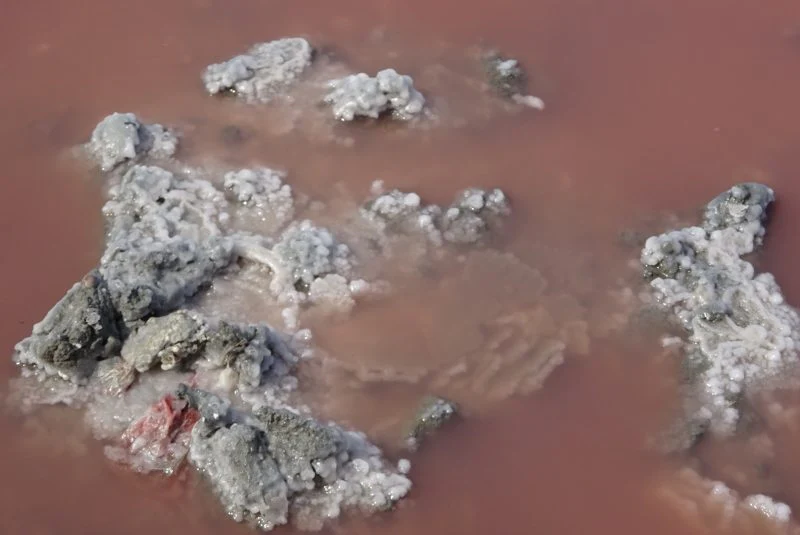
Relaxing at the Natural Clay Beaches and Salt Lakes in Bulgaria
If you’re looking for sustainable luxury with a twist, why not take yourself away on a therapeutic break to the salt lakes? There are salt lakes scattered all over the world, but not all are maintained by an ecosystem, making it possible and of course, safe for bathing. A trip to the salt lakes is a fantastic experience for people of all ages. It’s fun, interesting and ideal for those who are looking to enjoy an outdoor spa break.
Traditional spa breaks are wonderful but a visit to a salt lake can provide you with the same relaxing experience in a more natural environment. Salt lakes are usually found in natural, untouched environments, close to beaches, mountains and countryside. So as well as enjoying bathing in the salt lakes, you can also enjoy some scenic walks in the fresh air whilst there. Salt lake destinations are the kind of places where you can visit just for the day to say you’ve had the experience, or you can extend your stay and incorporate bathing in the salt lakes into your beauty regime. Either way, a visit to the salt lakes is highly recommended and you’re sure to come away feeling rejuvenated.
WHAT CAUSES SALT LAKES?
WHY ARE SALT LAKES PINK?

ARE SALT LAKES SAFE FOR BATHING?
WHY DO YOU FLOAT IN SALT LAKES?
HEALTH AND BEAUTY BENEFITS ASSOCIATED WITH SALT LAKES

MY TRAVEL DIARY TO THE SALT LAKES
WHERE CAN YOU VISIT SALT LAKES IN THE WORLD?
- The Dead Sea, Israel
- The Great Salt Lake, Utah
- Burgas, Bulgaria
- South Aral Sea, Kazakhstan and Uzbekistan
- Lake Turkana – Kenya and Ethopia
- Lake Van, Turkey
- Lake Eyre – Australia
- Qinghai Lake, China
- Lake Urmia – Iran
- Issyk Kul, Kyrgystan
- Lake Balkhash – Kazakhstan
- Caspian Sea – Russia, Turkmenistan, Iran, Kazakhstan, and Azerbaijan
POST A COMMENT
You must be logged in to post a comment.





